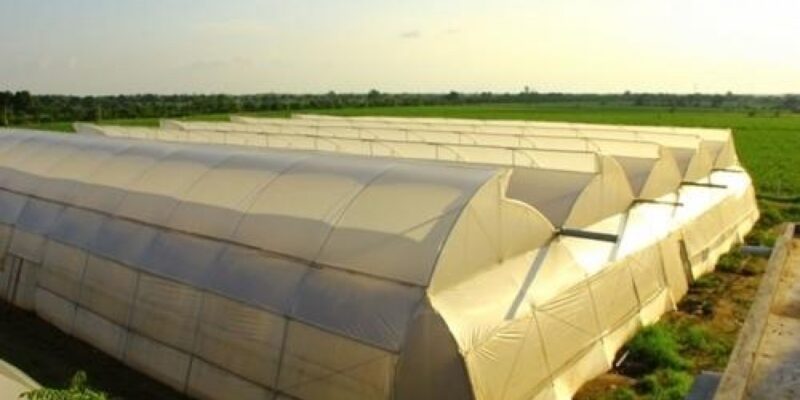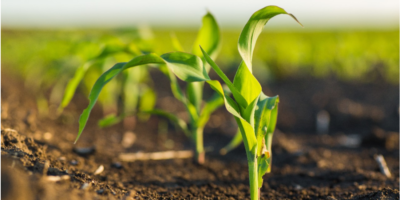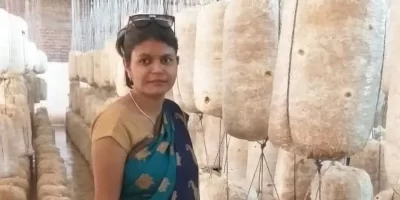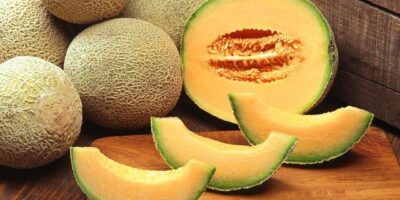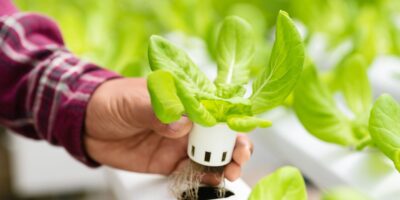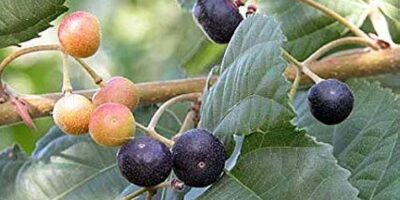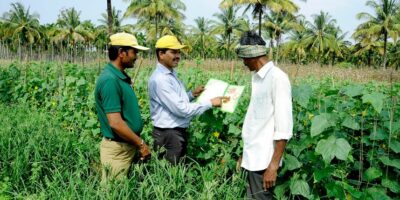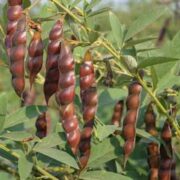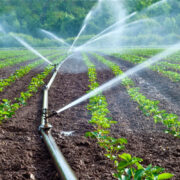Polyhouse Farming: Polyhouse farming, also known as greenhouse farming, has revolutionized the way we approach agriculture. It offers a year-round solution for cultivation, enabling farmers to grow crops irrespective of weather conditions, making it an invaluable tool in achieving food security and sustainability.
Polyhouse farming involves the use of specially designed structures made of transparent polyethylene or polyvinyl chloride sheets. These structures act as protective shields for crops, controlling temperature, humidity, and light exposure. This controlled environment allows farmers to cultivate crops even in adverse weather conditions, making it possible to grow crops throughout the year.
Also Read: e-Crop Based Farming: Boosting Agricultural Productivity with e-Crop Based Smart Farming
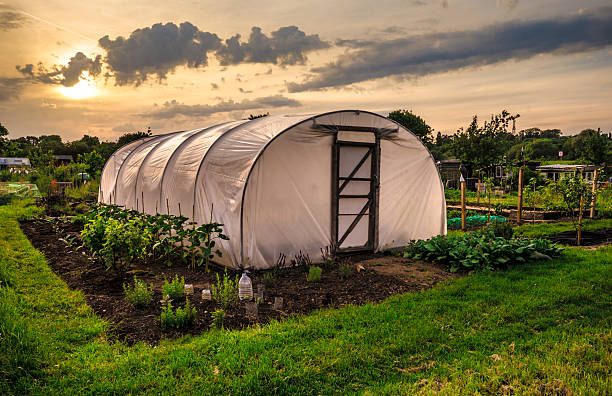
Cultivating Prosperity in Polyhouse
One of the most significant advantages of polyhouse farming is its ability to support year-round cultivation. Unlike traditional open-field farming, which is heavily dependent on weather patterns, polyhouse farming provides a stable environment where farmers can manipulate conditions to suit the specific needs of their crops. This means that even in harsh winters or scorching summers, crops can thrive inside the controlled environment of a polyhouse.
Polyhouse farming facilitates higher crop yields compared to traditional methods. By maintaining optimal conditions for growth, such as temperature and humidity, farmers can create an ideal environment for their crops. This results in faster growth rates, reduced susceptibility to pests and diseases, and increased overall crop productivity.
Water is a precious resource, and polyhouse farming helps conserve it. The controlled environment within a polyhouse reduces water wastage through evaporation and runoff. Additionally, techniques like drip irrigation can be integrated into polyhouse systems, further enhancing water efficiency. This makes polyhouse farming an environmentally responsible choice for agriculture.
Also Read: Transforming Crop Cultivation: Exploring the Latest Trends and Innovations in India
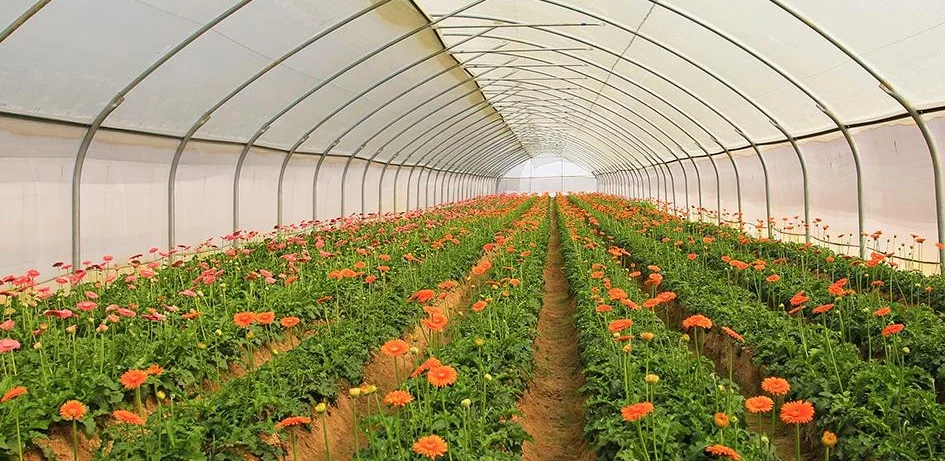
Cultivating Prosperity in Polyhouse
The controlled environment of a polyhouse can help reduce the need for chemical pesticides and fertilizers. With proper management, farmers can create conditions that deter pests and diseases, reducing the reliance on harmful chemicals. This not only benefits the environment but also produces healthier, chemical-free crops.
Polyhouse farming is a year-round solution that empowers farmers to overcome the limitations of traditional agriculture. With its ability to provide a controlled environment, increase crop productivity, conserve water, and reduce chemical dependency, it is a sustainable and forward-thinking approach to cultivation. As we face the challenges of climate change and growing global populations, polyhouse farming offers a promising path towards ensuring food security and a more sustainable agricultural future. It’s time for farmers to embrace this innovative method and harness its potential for a brighter and more prosperous tomorrow.
Also Read: Tharparkar Cattle Breed: A Source of Nutrient-Rich Milk

